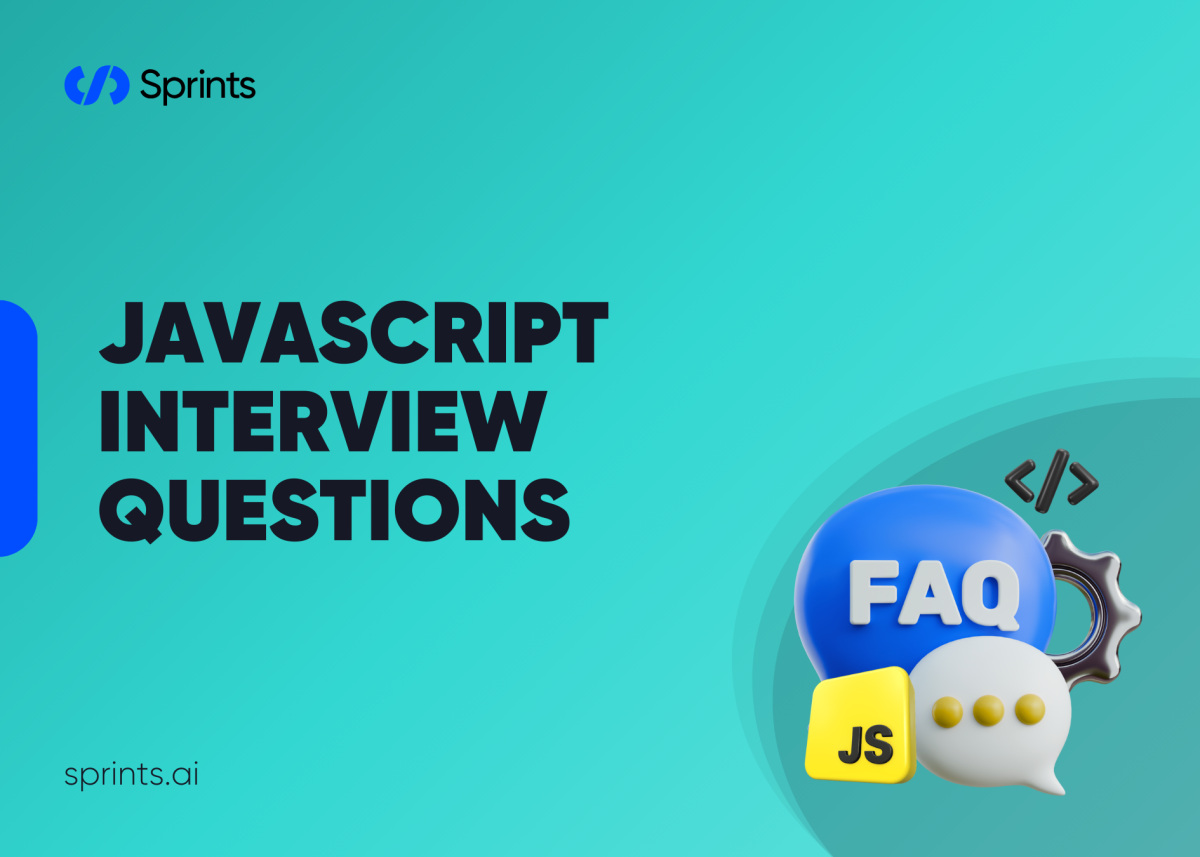
JavaScript, or JS, is a cornerstone of modern web development. If you’re preparing for a technical role, you’ll likely face JS interview questions. From basic syntax to advanced concepts, understanding how to respond effectively can set you apart. This article includes the most common questions, practical examples, and strategies to help you succeed in your next interview. Whether you're a beginner or a seasoned developer, these insights will boost your confidence.
Why Are JS Interview Questions Important?
Key Skills Assessed in JS Interviews
Interviewers use JS interview questions to evaluate:
Core JS Fundamentals: Syntax, data types, and control flow.
Problem-Solving Skills: Applying algorithms and data structures in JavaScript.
Asynchronous Programming: Handling promises, callbacks, and async/await.
Knowledge of Frameworks: Leveraging React, Node.js, or other tools in real-world scenarios.
By preparing thoughtfully, you can demonstrate your expertise and adaptability to potential employers.
Basic JS Interview Questions
To start, employers often test fundamental concepts. These questions ensure you have a solid grasp of JavaScript basics.
1. What Is JavaScript, and How Is It Different from Other Languages?
JavaScript is a high-level, interpreted programming language primarily used for creating dynamic content on websites. Unlike Java, JS is lightweight, doesn’t require compilation, and operates directly within the browser.
2. What Are Variables and How Are They Declared in JavaScript?
In JavaScript, variables are declared using var, let, or const.
var: Function-scoped, can be redeclared.
let: Block-scoped, cannot be redeclared.
const: Block-scoped, constant values that cannot be reassigned.
Understanding the nuances between these declarations is crucial when answering JS interview questions.
3. Explain JavaScript Data Types.
JS supports:
Primitive Types: Number, String, Boolean, Null, Undefined, Symbol, BigInt.
Non-Primitive Types: Objects, Arrays, Functions.
Intermediate JS Interview Questions
Once the basics are covered, interviewers often delve into intermediate topics to test your understanding of JavaScript's deeper functionalities.
1. What Is Hoisting in JavaScript?
Hoisting refers to JavaScript’s behavior of moving variable and function declarations to the top of their scope during the compile phase.
Variables declared with var are hoisted but initialized as undefined.
let and const declarations are hoisted but remain in a temporal dead zone until initialized.
2. What Is the Difference Between == and ===?
==: Compares values after type coercion.
===: Compares values without type coercion (strict equality).
Example:
javascript
CopyEdit
'5' == 5 // true
'5' === 5 // false
3. How Does the Event Loop Work?
The event loop enables asynchronous programming in JavaScript. It manages the call stack and the message queue, ensuring non-blocking execution of tasks.
Advanced JS Interview Questions
For senior roles, expect questions that challenge your problem-solving skills and ability to apply JavaScript in complex scenarios.
1. What Are Closures in JavaScript?
A closure is when a function retains access to its outer function’s variables even after the outer function has returned.
Example:
javascript
CopyEdit
function outer() {
let count = 0;
return function inner() {
count++;
return count;
};
}
const increment = outer();
console.log(increment()); // 1
console.log(increment()); // 2
2. What Are Promises in JavaScript?
Promises represent asynchronous operations. They can be in one of three states:
Pending: Initial state.
Fulfilled: Operation completed successfully.
Rejected: Operation failed.
Example:
javascript
CopyEdit
const promise = new Promise((resolve, reject) => {
if (true) resolve("Success!");
else reject("Failure.");
});
promise
.then((res) => console.log(res))
.catch((err) => console.error(err));
3. Explain Prototypal Inheritance.
JavaScript uses prototypal inheritance, allowing objects to inherit methods and properties from other objects.
Example:
javascript
CopyEdit
function Person(name) {
this.name = name;
}
Person.prototype.greet = function () {
return `Hello, ${this.name}`;
};
const alice = new Person("Alice");
console.log(alice.greet()); // Hello, Alice
Top Tips for Acing JS Interviews
To tackle JS interview questions confidently, follow these best practices:
1. Master the Fundamentals
Ensure you’re comfortable with:
JavaScript syntax and operators.
Handling DOM manipulation.
Using array methods (map, filter, reduce).
2. Build Real-World Projects
Create small applications like a to-do list or a weather app to practice using core JS features.
3. Stay Updated with ECMAScript
Familiarize yourself with the latest ES6+ features like destructuring, spread/rest operators, and arrow functions.
4. Practice Problem-Solving
Solve coding challenges on platforms like LeetCode or HackerRank to build confidence in your algorithmic skills.
Sample JS Interview Questions and Answers
null: Explicitly assigned by a developer to indicate no value.
undefined: Assigned automatically when a variable is declared but not initialized.
Example:
javascript
CopyEdit
function debounce(func, delay) {
let timer;
return function (...args) {
clearTimeout(timer);
timer = setTimeout(() => func(...args), delay);
};
}
Conclusion: Prepare to Ace JS Interview Questions
Facing JS interview questions can feel daunting, but with the right preparation, you’ll be ready to impress. Focus on core fundamentals, practice real-world coding challenges, and stay up-to-date with modern JavaScript trends.
If this guide helped you share it with others preparing for their interviews.



